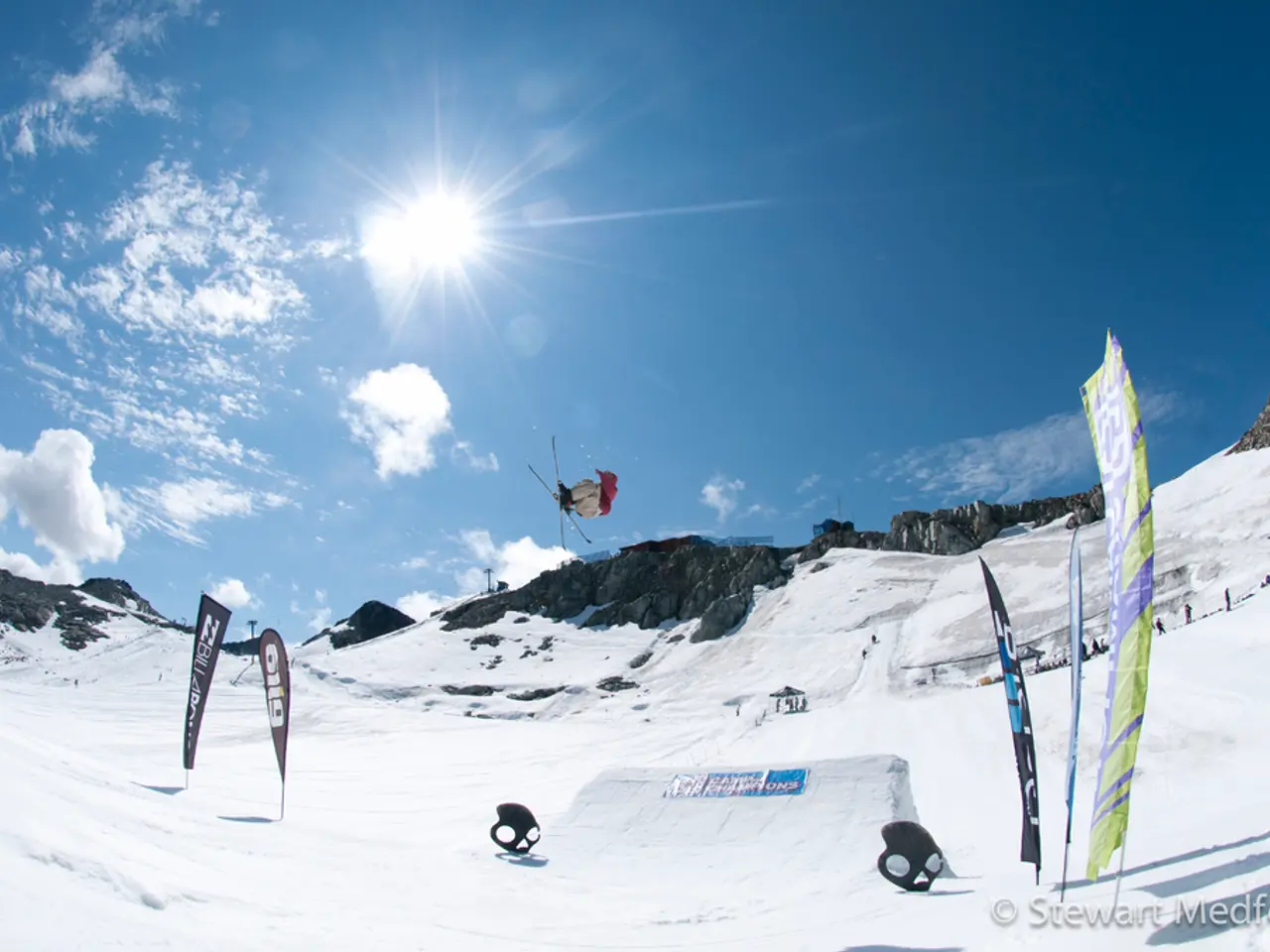Preparedness Procedures for Winter Off-Road Exploration
Preparing for a Safe Backcountry Winter Trip in New Zealand
Embarking on a winter trip into the backcountry of New Zealand can be an exhilarating experience, but it comes with its own set of challenges and risks. Here are some essential tips to ensure a safe and enjoyable journey.
1. Vehicle Preparation
Before setting off, it's crucial to check your vehicle's condition. Ensure brakes, tyres, antifreeze, battery, and starter motor are in good working order. Don't forget to have a de-ice strategy for your windows, as winter conditions can be unforgiving.
2. Solo Travel is Not Recommended
Travelling alone in the backcountry during winter is not advisable due to the risk of avalanches. It's always safer to have a companion or a group.
3. Group Planning
Having a well-thought-out plan for your backcountry trip is essential. All group members should have necessary skills, such as avalanche course knowledge and the ability to identify and negotiate avalanche terrain. A group plan ensures everyone's safety and promotes open communication.
4. Communication is Key
In the backcountry, especially when travelling on snow, communication is crucial. Every group member should feel comfortable speaking up about conditions or questioning route selection to ensure everyone's safety.
5. Check Road Conditions
Before hitting the road, use the New Zealand Transport Authority Journey Planner to check road conditions for your trip. Additionally, check the MetService mountain weather forecast for the region you will be travelling in.
6. Winter Driving Tips
Adopting winter driving tips can make your journey towards the mountains safer. These tips may include driving slower, increasing following distance, and being aware of black ice.
7. Avalanche Forecast and Rescue Knowledge
Understand the avalanche forecast for the region you'll be in, including the avalanche danger and character. It's also advisable to know how to conduct a proper avalanche rescue, as you have approximately 15 minutes to rescue a member of your group in a worst-case situation.
8. Right Gear and Training
The backcountry trip requires the right gear, but the specifics may vary. It's recommended to undergo some training to understand and apply avalanche forecast information to the terrain. Avalanche courses in New Zealand are offered by professional NZMGA mountain guides and avalanche instructors through organisations such as Alpine Recreation and Aspiring Guides.
9. Unpredictable Weather
Remember that the weather in the backcountry during winter can be unpredictable and extremely changeable. Be prepared for sudden shifts and adjust your plans accordingly.
10. Sharing the Pre-winter Checklist
Sharing the pre-winter checklist with friends is recommended to ensure a great trip and to have stories to share at the pub. After all, safety and camaraderie go hand in hand in the backcountry.
Stay safe and enjoy your winter backcountry adventure!
Read also:
- United States tariffs pose a threat to India, necessitating the recruitment of adept negotiators or strategists, similar to those who had influenced Trump's decisions.
- Weekly happenings in the German Federal Parliament (Bundestag)
- Southwest region's most popular posts, accompanied by an inquiry:
- Discussion between Putin and Trump in Alaska could potentially overshadow Ukraine's concerns







